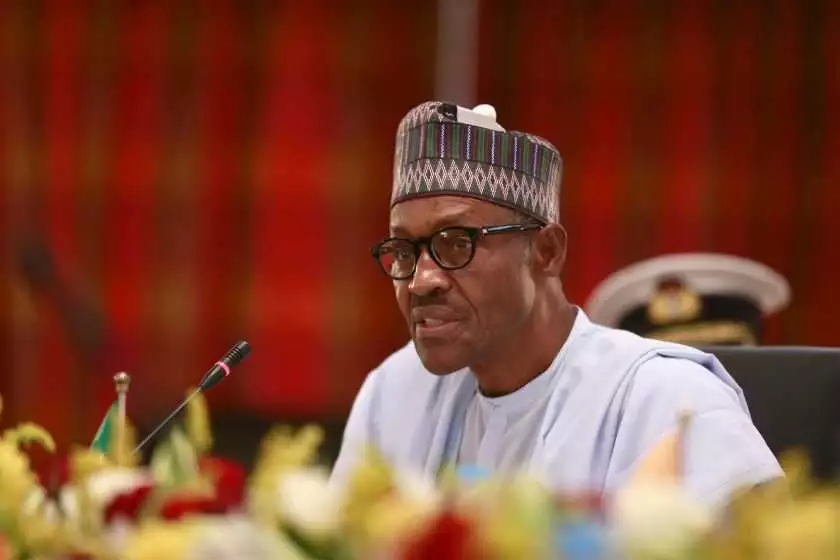The United States of America says the Muhammadu Buhari administration did not make any remarkable progress in fiscal transparency.
This disclosure was made by the United States Department of State in a Statement contained in a document it just released, tagged: 2019 Fiscal Transparency Report, spanning from January 1-December 31, 2018.
The publication that is done annually usually reels out information on how government raises taxes, borrows, spends, invests, and manages public assets and liabilities, as well as highlight the minimum requirements of fiscal transparency developed, updated and strengthened by the Department in consultation with other Federal agencies.
The report also gave insights into the use of the Fiscal Transparency Innovation Fund.
The American Government undertakes annual reviews of the fiscal transparency of governments that receive U.S. assistance.
The report notes that the minimum requirements of fiscal transparency include having key budget documents that are publicly available, substantially complete, and generally reliable.
“The review includes an assessment of the transparency of processes for awarding government contracts and licenses for natural resource extraction,” it states.
According to the report, “Fiscal transparency is a critical element of effective public financial management, helps build market confidence, and underpins economic sustainability.”
It added that fiscal transparency fosters greater government accountability by providing a window into government budgets for citizens, helping citizens hold their leadership accountable, and facilitating better-informed public debate.
The department further stated that, “During the review period, the government made its executive budget proposal, enacted budget, and end-of-year report accessible to the general public, including online. The executive budget proposal and the enacted budget, however, were not published within a reasonable period of time. Information on debt obligations was publicly available. Budget documents provided detailed estimates for revenue and expenditure but did not include allocations to and earnings from state-owned enterprises.
“The Nigerian National Petroleum Corporation did not have fully audited financial reports that were available to the public. The government maintained off-budget accounts not subject to adequate oversight or audit. Due to oil price fluctuations, actual revenues and expenditures varied significantly from estimated figures making budget documents unreliable. Nigeria’s supreme audit institution completed audits of the government’s budget and reportedly made audit reports on its website.
“The criteria and procedures by which the national government awards contracts or licenses for natural resource extraction were specified in law and regulation. The government has appeared to follow applicable laws and regulations in practice. Basic information on natural resource extraction awards was publicly available.”
It said, “Nigeria’s fiscal transparency would be improved by publishing its executive budget proposal and enacted budget within a reasonable period of time, detailing allocations to and earnings from state-owned enterprises, improving the reliability of budget documents by producing and publishing a supplemental budget when actual revenues and expenditures do not correspond to those in the enacted budget, making full audit reports for significant, large state-owned enterprises publicly available, and subjecting off-budget accounts to adequate audit and oversight and making information on such accounts publicly available.
The Department concluded that, of the 140 governments evaluated pursuant to the Act plus Equatorial Guinea, 67 did not meet the minimum requirements of fiscal transparency.
Of these 67, however, 13 governments made significant progress toward meeting the minimum requirements of fiscal transparency.
Nigeria is one of the countries that did not meet the minimum requirements for fiscal transparency.
Discover more from The Source
Subscribe to get the latest posts sent to your email.








